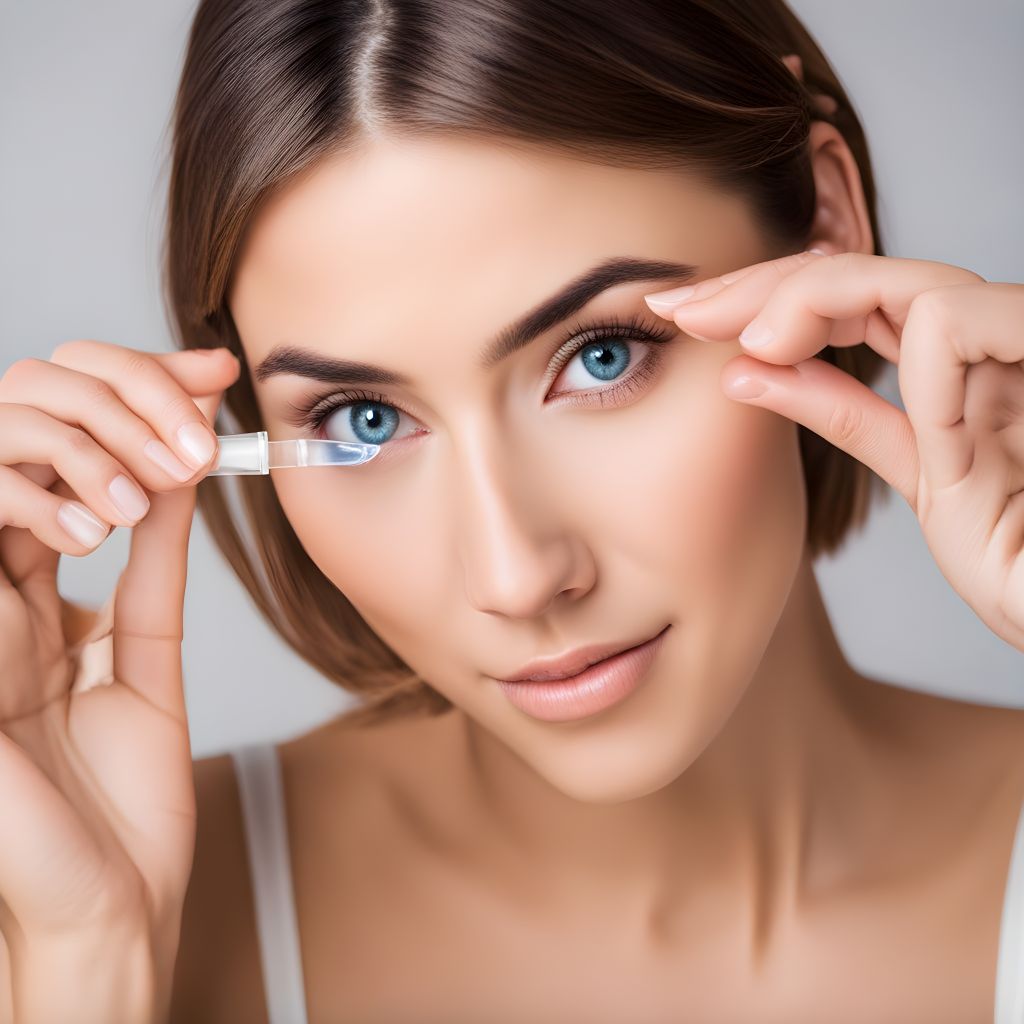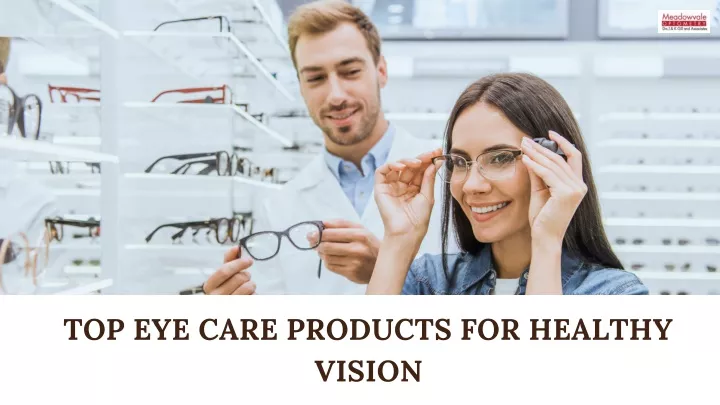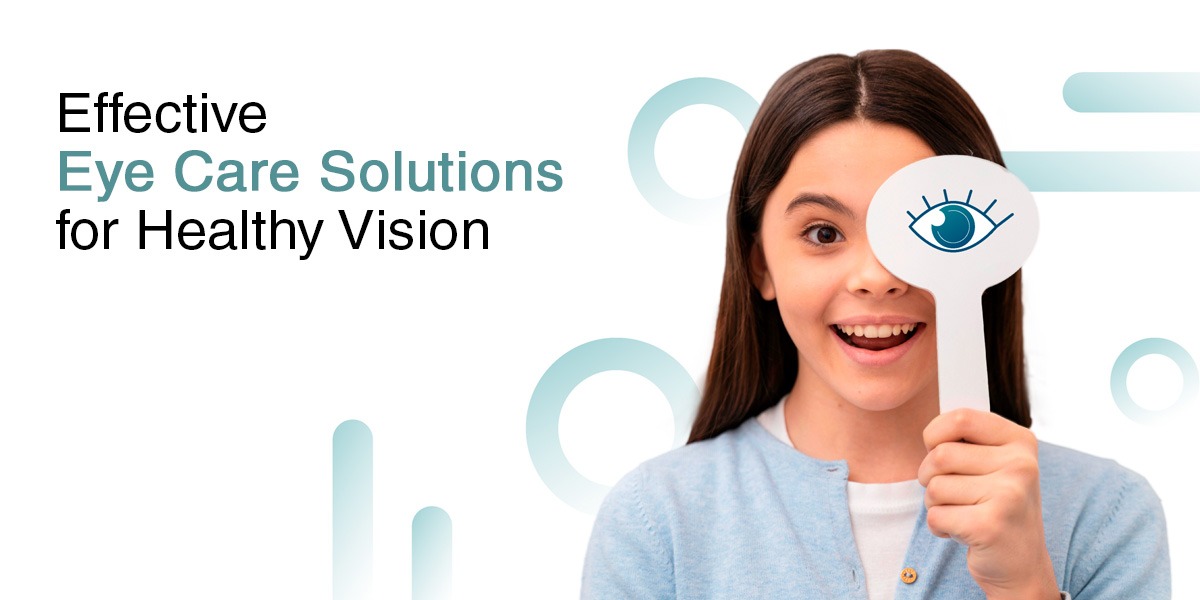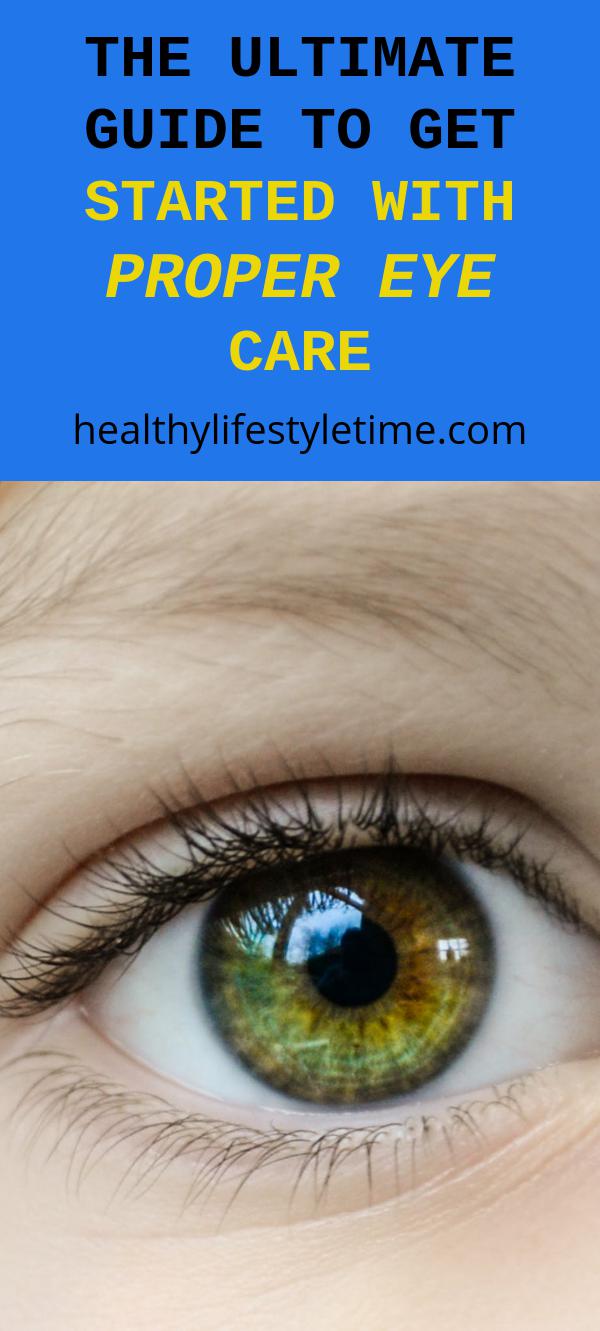A Comprehensive Guide to Eye Care Products: Enhancing Visual Health and Well-being
Related Articles: A Comprehensive Guide to Eye Care Products: Enhancing Visual Health and Well-being
Introduction
With great pleasure, we will explore the intriguing topic related to A Comprehensive Guide to Eye Care Products: Enhancing Visual Health and Well-being. Let’s weave interesting information and offer fresh perspectives to the readers.
Table of Content
A Comprehensive Guide to Eye Care Products: Enhancing Visual Health and Well-being

The eyes, often referred to as the windows to the soul, are intricate and delicate organs responsible for our perception of the world. Maintaining optimal eye health is paramount for a fulfilling life, and a multitude of products are available to aid in this endeavor. This comprehensive guide delves into the diverse range of eye care products, exploring their benefits, considerations, and applications, providing valuable insights for informed choices.
Understanding Eye Care Products: A Spectrum of Solutions
Eye care products encompass a wide range of solutions, each addressing specific needs and concerns. These can be broadly categorized into:
1. Eye Drops:
- Artificial Tears: These lubricate the eyes, relieving dryness, irritation, and discomfort caused by factors like dry eye syndrome, environmental conditions, or contact lens wear.
- Anti-Inflammatory Drops: These treat inflammation and redness associated with allergies, conjunctivitis, or other eye irritations.
- Antibiotic Drops: Used to combat bacterial infections, such as conjunctivitis or blepharitis.
- Antiviral Drops: Treat viral infections, like herpes simplex keratitis.
- Glaucoma Medications: These lower intraocular pressure, reducing the risk of vision loss from glaucoma.
2. Eye Supplements:
- Lutein and Zeaxanthin: These antioxidants protect the macula, a central part of the retina, from damage caused by blue light and oxidative stress.
- Omega-3 Fatty Acids: These promote healthy tear film production and reduce inflammation.
- Vitamins A, C, and E: Essential for eye health, these vitamins support overall eye function and protect against oxidative damage.
3. Contact Lenses:
- Soft Contact Lenses: Made from flexible materials, they provide a comfortable and discreet option for vision correction.
- Rigid Gas Permeable (RGP) Lenses: These offer sharper vision and better oxygen permeability, but require a longer adaptation period.
- Multifocal Contact Lenses: Designed for presbyopia (age-related farsightedness), these lenses provide clear vision at both near and far distances.
- Toric Contact Lenses: These correct astigmatism, a condition where the cornea has an irregular shape.
4. Eyeglasses:
- Prescription Eyeglasses: Correct refractive errors, such as nearsightedness, farsightedness, and astigmatism, improving visual clarity.
- Sunglasses: Protect the eyes from harmful ultraviolet (UV) rays, reducing the risk of cataracts, macular degeneration, and other eye diseases.
- Blue Light Blocking Glasses: Reduce exposure to blue light emitted from digital devices, potentially mitigating eye strain, sleep disturbances, and other health issues.
5. Eye Makeup:
- Mascara: Enhances eyelashes, adding volume and definition.
- Eyeliner: Defines the eyes, creating a variety of looks.
- Eyeshadow: Adds color and dimension to the eyelids.
Factors to Consider When Choosing Eye Care Products:
- Individual Needs: The choice of eye care product depends on specific eye conditions, concerns, and lifestyle factors.
- Prescription: For contact lenses and prescription eyeglasses, a professional eye exam is essential to determine the correct prescription.
- Ingredients: Individuals with sensitivities or allergies should carefully review product labels to avoid potential irritants.
- Safety and Quality: Always purchase eye care products from reputable sources to ensure quality and safety.
- Cost: Consider the cost of the product and its longevity, balancing affordability with effectiveness.
Important Considerations for Eye Health:
- Regular Eye Exams: Annual comprehensive eye exams are crucial for detecting and addressing potential eye health issues early.
- Healthy Diet: A balanced diet rich in fruits, vegetables, and omega-3 fatty acids supports overall eye health.
- Protective Measures: Wearing sunglasses, protective eyewear in hazardous environments, and limiting exposure to blue light are essential for eye protection.
- Proper Contact Lens Care: Follow recommended cleaning and storage practices to prevent infections and maintain lens hygiene.
FAQs Regarding Eye Care Products:
Q: Are over-the-counter eye drops safe for long-term use?
A: While over-the-counter eye drops can provide temporary relief, prolonged use may not be advisable. Consult an ophthalmologist to determine the appropriate course of treatment and duration of use.
Q: Can eye supplements truly improve vision?
A: Eye supplements can support overall eye health and may help prevent age-related vision decline. However, they cannot cure existing vision problems or restore lost vision.
Q: What are the risks associated with contact lens wear?
A: Improper contact lens care can lead to infections, corneal abrasions, and other complications. Adhering to recommended hygiene practices is crucial.
Q: How can I reduce eye strain from digital devices?
A: Follow the 20-20-20 rule: take a 20-second break every 20 minutes to look at something 20 feet away. Consider blue light blocking glasses or adjusting screen settings.
Q: When should I see an ophthalmologist?
A: Seek professional care if you experience sudden vision changes, eye pain, persistent redness, excessive tearing, or floaters.
Tips for Optimizing Eye Care:
- Maintain a Healthy Lifestyle: A balanced diet, regular exercise, and adequate sleep are essential for overall health, including eye health.
- Limit Exposure to Irritants: Avoid smoke, dust, and other irritants that can harm your eyes.
- Protect Your Eyes from UV Rays: Wear sunglasses with UV protection when outdoors, even on cloudy days.
- Practice Good Contact Lens Hygiene: Follow the recommended cleaning and storage instructions provided by your eye care professional.
- Stay Hydrated: Dehydration can lead to dry eyes, so drink plenty of water throughout the day.
Conclusion:
Eye care products play a vital role in maintaining optimal visual health and well-being. By understanding the diverse range of products available, considering individual needs, and following recommended practices, individuals can make informed choices to enhance their eye care routine. Regular eye exams, a healthy lifestyle, and protective measures are essential components of a comprehensive eye care approach, ensuring a lifetime of clear and healthy vision.








Closure
Thus, we hope this article has provided valuable insights into A Comprehensive Guide to Eye Care Products: Enhancing Visual Health and Well-being. We appreciate your attention to our article. See you in our next article!